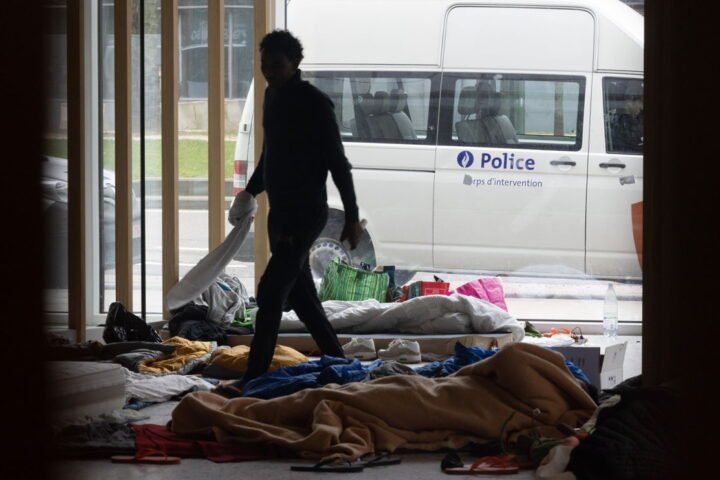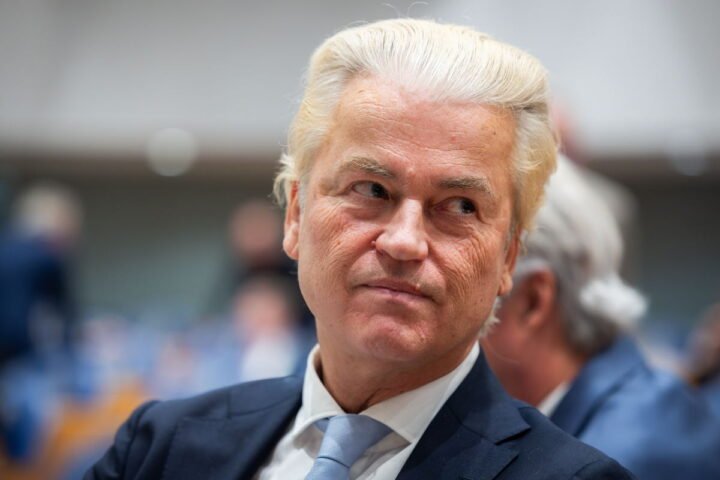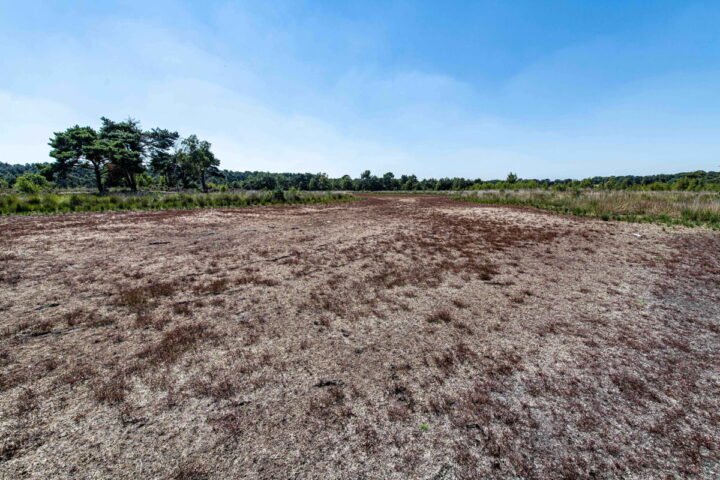On June 29, 2025, Azerbaijan’s Ministry of Culture announced the cancellation of all cultural events organized by Russian state and private institutions. This ban includes concerts, festivals, theater performances, and exhibitions, marking a clear rupture in cultural cooperation between Baku and Moscow. The move comes amid rising tensions following a violent police operation in Yekaterinburg that left two Azerbaijanis dead and several others arrested or injured, signaling Russia’s waning influence in the South Caucasus.
Yekaterinburg raid sparks diplomatic fallout
The immediate catalyst was a June 27 operation by Russian security forces in Yekaterinburg, during which two Azerbaijanis were killed, nine detained, and several wounded. Azerbaijan’s Foreign Ministry summoned the Russian embassy official to lodge a formal protest. The incident was sharply condemned by the Azerbaijani parliament (Milli Majlis), where deputies labeled the operation “a gross human rights violation.” MP Nagif Gamzaev accused Russian forces of disproportionate violence and reported torture against one detainee. Azerbaijani officials view this episode as part of a broader pattern of systematic pressure on their diaspora in Russia, worsening bilateral relations.
Moscow’s declining influence in the South Caucasus
Experts see Russia’s loss of soft power as part of a wider shift in the region. The era when Azerbaijan, Armenia, and Georgia deferred cautiously to Moscow is fading. Baku’s boycott of Russian cultural projects is more than symbolic—it signals a firm political stance rejecting Moscow’s influence. Russia’s regional policy, relying on intimidation and outdated leverage, contrasts sharply with Turkey’s expanding presence. As Russia remains preoccupied with the protracted war in Ukraine, Ankara deepens its economic, military, and cultural ties with Azerbaijan, leaving Moscow sidelined.
Azerbaijan signals break with Moscow through cultural and diplomatic moves
Baku’s refusal of President Ilham Aliyev to attend Moscow’s May 9 Victory Day parade, the parliamentary condemnations, and the cultural boycott all underline growing estrangement. Despite these signals, the Kremlin appears to cling to the outdated notion of Azerbaijan as a “junior partner” to Russia, ignoring the reality on the ground. This disconnect risks the further erosion of Russia’s position not only with Azerbaijan but also with Armenia and potentially Georgia.
The Turkey factor and the vision of “Great Turan”
Azerbaijan’s integration into Turkey’s strategic vision of a “Great Turan” is increasingly evident. Joint military exercises, coordinated political action, and shared energy infrastructure projects highlight this realignment. Russia, unable to offer comparable economic benefits or security guarantees, is becoming irrelevant in this evolving regional framework.
Human rights concerns and reputation damage for Russia
The Yekaterinburg incident has spotlighted ethnic tensions within Russia and the Kremlin’s approach to minorities. Official Baku’s accusations of torture and excessive force undermine Russia’s previous image as a “friend” of the Azerbaijani people. Additionally, Russia’s silence and lack of official response over the downing of an AZAL passenger plane by a missile over Chechnya have deepened mistrust. Azerbaijan regards Moscow’s inaction as a failure to treat it as an equal partner, further damaging bilateral ties.
Cultural boycott as a powerful political message
The ban on Russian cultural events, while symbolic, sends a strong message: the “Russian world” no longer holds sway in Azerbaijan. Culture, long a tool of Moscow’s soft power, has turned into an arena of resistance. Moscow’s reliance on force and propaganda increasingly isolates it from Azerbaijan’s political and social landscape. Earlier this year, Baku also downsized the staff of the Kremlin-aligned Sputnik Azerbaijan media outlet, underlining the shrinking Russian influence.
Russia’s increasingly strained relations with Azerbaijan highlight broader challenges to Moscow’s role in the South Caucasus and raise questions about the future balance of power in a region undergoing rapid geopolitical realignment.










